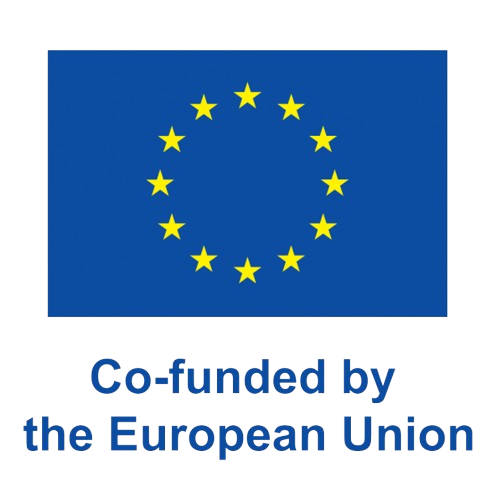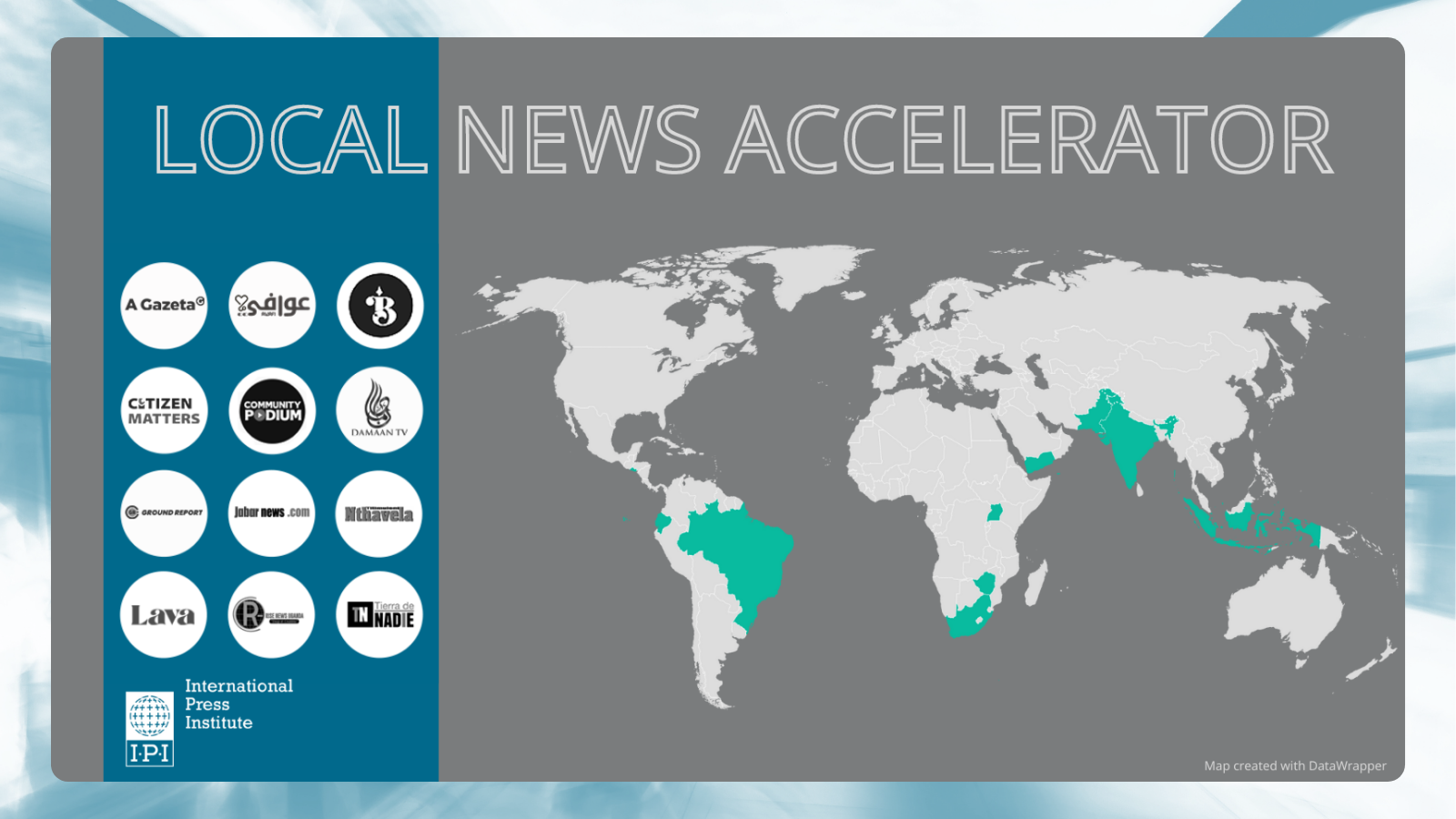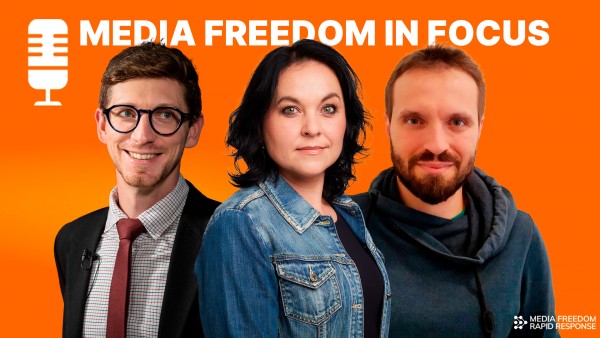| 📮In this week’s newsletter, we share insights from a couple of news organizations in Brazil that have been doing a nice job developing products to generate recurring revenue, hire a bunch of people and draw a straight line towards financial sustainability. Also, we are now welcoming application for consultants to collaborate with us.
This newsletter is brought to you by IPI’s Innovation Projects Manager, Sergio Spagnuolo, from his annual trip to the Abraji’s 19th International Congress of Investigative Journalism, which took place in Sao Paulo, Brazil, from 11 to 13 July.
Get the machine going
…or keep trying
Small and mid-sized news organizations face a lot of hard challenges when developing products, like lack of funding, a competitive media landscape and tough scalability. But they also have some advantages on their side, like faster decision-making and the ability to pivot from the originally planned course if needed. Unencumbered by red tape, those initiatives can focus on getting the revenue machine going with very few internal obstacles.
Jota, a legal news organization in Brazil founded in 2014, has found ways to make those advantages work nicely, creating a very tight product development cycle that has led the company into profitability. It now generates some US$5.5 million in recurring revenue per year.
“Some products take you to places very different from the newsroom and reporting and this can be used to find ways to generate recurring revenue that can support your journalism and your entire business”, said Paty Gomes, Jota’s product director, during Abraji’s 19th International Congress of Investigative Journalism, one of the biggest journalism festivals in Latin America, held in Sao Paulo in July.
“It is all about that recurring revenue”,
says Paty Gomes, from Jota.
Jota started with five people and a single product in 2014, a US$8 paywall-based subscription service for lawyers and other legal professionals. It now has 87 workers on staff and a wide array of legal information services, especially around taxes and political risk. Its corporate products have grown so much that it will soon stop its subscription service for individuals, opening its website content for free.
More projects mean more attention
But news products also have a place for non-profit organizations. Take, for example, Revista AzMina, a woman-rights news organization from Brazil. What started in 2015 as a text-only news organization is now a multi-project news outlet, with initiatives like a website about abortion data in Brazil, a mobile app where women can ask for help if they fear they might be in danger, an AI-powered bot that monitors and analyzes women’s rights legislation in Brazil and an observatory about online violence against female candidates in Brazilian politics.
“The interesting thing about AzMina is that it started as a magazine. So, the main focus is journalism, producing content, and reporting. However, the first major launch by our organization wasn’t for journalism, but rather for a technology product,” said content director Barbara Liborio, about their mobile app called Penhas, during the Abraji conference.
Because of such projects, AzMina generated in 2022 around US$600,000 in total revenues, mostly from grants and donations, contributing to other investments in the organization. “Developing several projects like these helped us get where we are today”, Liborio said.
The organization keeps renewing a lot of its funding to maintain and further improve the projects, but said it might search for another approach to generate recurring revenue, like Jota. “Sometimes funding shifts from one organization to another, and we need to think about how we can monetize our products.”
|






